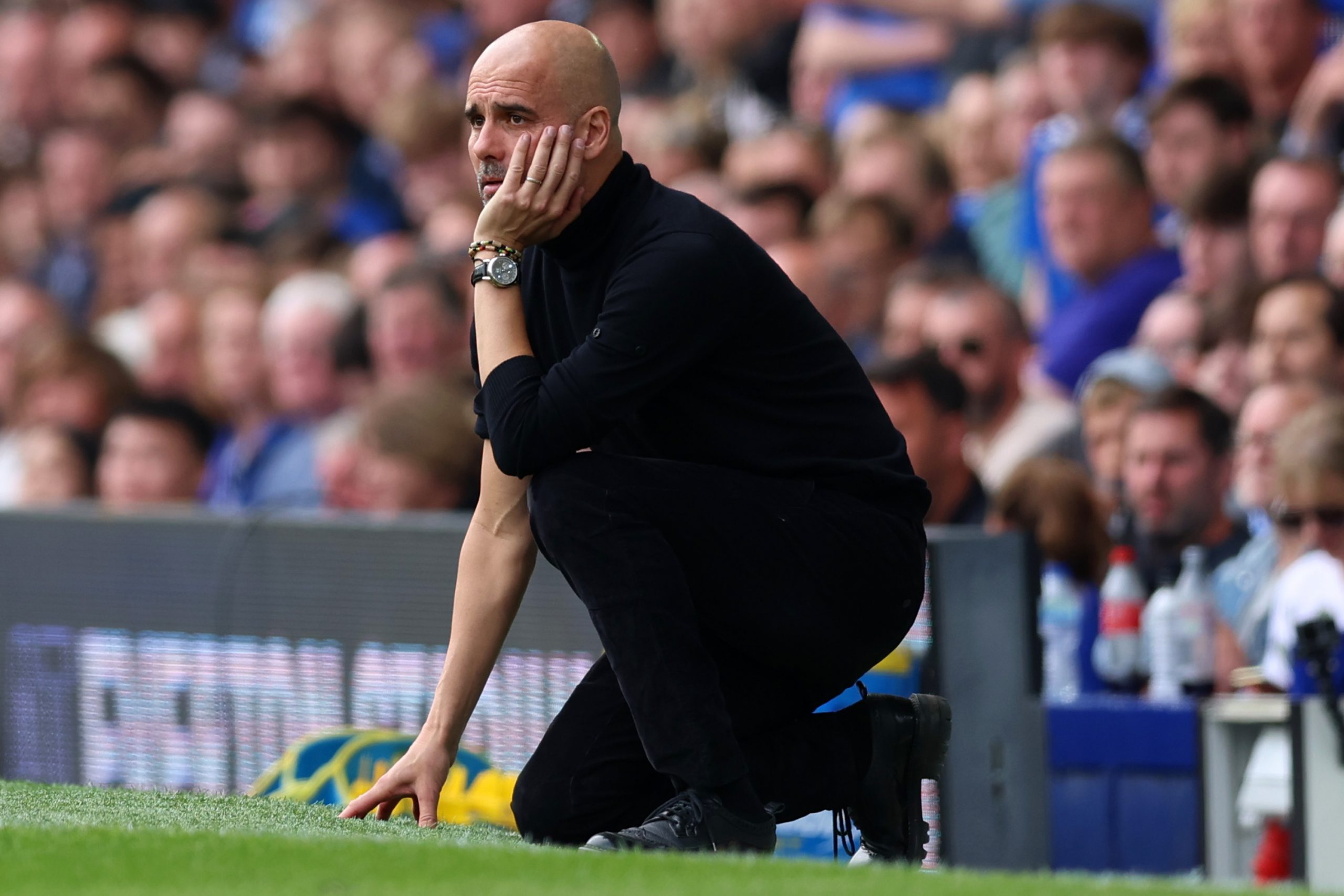OPINION: Is the Delta State Government Truly Not Fair To Ijaw Ethnic Nationality In The State?—Recently, precisely on Sunday July 17, 2022, the Deputy President of the Senate and the All Progressives Congress (APC) Governorship Candidate in Delta, Sen. Ovie Omo-Agege, in Effurun, Uvwie Local Government Area of the state, going by media reports stated that the Delta Government had not been fair to the Ijaw ethnic nationality in the state.
The lawmaker, representing Delta Central Senatorial District at the National Assembly, said he was pained by the sufferings the Ijaws were subjected to in the state. “I have always felt the pain of the Ijaw nations because I know their contributions to the economy of this country. “I believe that the government has been unfair to the Ijaw people, given their contribution to the economy of this country. “I know as a consequence of that contribution, so much is returned to our state by ways of FAC allocation and 13 percent derivation.
As expected, the statement has elicited reactions from stakeholders and the general public. While some people have hailed the declaration of the Deputy President of the Senate, saying that such a view did not come as a surprise, others view it with skepticism. They describe it as political rhetoric that is not factually supported but laced with practical realities targeted at achieving personal goals again. To this Group, there is no way Ijaw nation/ethnic nationality in the state can be considered as suffering or marginalized in the face of her illustrious son, in the person of Barrister Kingsley Burutu Otuaro, as the current Deputy Governor in the State, and with array of Commissioners and advisers, Special Assistants of Ijaw extraction serving in the same administration.
The boundaries between both spheres have shifted back and forth for some days. In some cases, they have ended up igniting a lot of tension.
Admittedly, it is a statement of fact that as Ijaw nation is arguably the second largest ethnic group in the state, Delta has benefited from their remarkable exploits and contributions, be it in natural resources, human resources and all other fields of knowledge. Politically also, the people going by available records have been active in the political affairs since the days of Western and Mid-Western regions, Bendel State and now Delta State. They have co-existed peacefully with other ethnic groups in the state.
The state is indeed indebted to them for the wealth of knowledge and resources they provided.
With that fact highlighted, it is also necessary to underline that as ‘exciting’ as the statement credited to Deputy Senate President is- and the ripple reaction it has generated, there exists the need not to indulge in an unwelcome departure from the normal good sense of judgment.
To perform this role well, this piece, will akin to the Rotary International Club’s Four-Way Test of moral code for personal and business relationships, pose the following question; Is the statement credited to the Deputy Senate President the TRUTH? Is it fair to all concerned particularly the Delta state Government? Will it build goodwill and better friendship? Will it be beneficial to all concerned?
Beginning with the question as to whether the Ijaw nation have been unfairly treated by the state government, evidence points to the fact that when it comes to infrastructural provisions for all people in the state, Senator (Dr) Ifeanyi Okowa’s led administration have done appreciably well. For the Ijaws in the coastal areas of the state, he has deflected the age-long excuse by previous administrations that the coastal region predominantly occupied by the Ijaws cannot be developed because the terrain is marshy-a feature that renders construction difficult if not impossible. Such an argument can no longer be sustained. Governor has within the past seven years of his administration made available some level of good but internal road networks and other infrastructural development.
However, while those of us who believe and have through opinion articles, commentaries and interventions stoutly favored/supported policies and decisions of the Delta state Government/leadership philosophy of the present government in the state, may not totally subscribe to the assertion by the Deputy Senate President, this piece must on the other hand, for reasons considered very logical, rational and practical say that the state must not allow such a comment go with political winds as there exists in my view some fundamental lessons to draw from the comment.
The state must positively harness it to build goodwill and better friendship that will be beneficial to all concerned.
Again, to some extent, the state government may feel hesitant as to why they should read this present piece. Or accept the content of solution it proffers as beneficial and helpful to the real development of the Ijaw nation. That notwithstanding, the truth must be told to the effect that, there are still some sincere signs that some of the villages and communities within the axis daily tell the story of a people that do not have a good survival record. They are at intervals either sacked or their property destroyed by flood, their people particularly children decimated or dispersed.
They daily endure poverty, economic powerlessness and outright deprivation. This is the order of the day within some communities located in that coastal region of the state.
Unarguably, the state in my view, have no doubt recorded some feat in the areas of infrastructural development and promotion of technical education, they may also have been ranked the Best State in Human Capital Development in the 2017 States Peer Review by the National Competitiveness Council of Nigeria, and also in 2020, adjudged to be the Second Least Poor State, coming only after Lagos, Nigeria’s business hub, according to the Nigerian Bureau of Statistics (NBS). But a visit to some communities within the area; will not only make nonsense of these rankings but says something new and different.
Take as an illustration, just very recently, I listened with rapt attention to King Monday Whiskey, Udurhie 1, the Ovie of Iderhe Kingdom speaks on the challenges children of his kingdom need to confront to access education. King Whiskey who spoke in Lagos, among other things, lamented that children in the Niger delta must attain the age of 12 before starting from primary one because it is only at that age that children are able to paddle their boat successfully to the other side of the community where their school is located.
In such a case, says Damilola Adeparua, a public affairs commentator, it is arguable that the percentage of uneducated women will be very high since it is only at the age of twelve boys can be allowed to paddle boats, then it will take a supernatural girl of 12 to start at that age. This makes the global statistics feasible that just 39% of rural girls attend secondary school and this is far fewer than that of rural boys, which is 45%, compared to urban girls, which is 59% and urban boys 60%.
Some of the girls who even live in communities which have access to free education and have their schools located in places where it is accessible are denied their right to education based on religious reasons, while some are hampered by poverty. Although the issue of children’s education deprivation is not limited to girls as posited by UNICEF that 1 in every 5 of the world’s out-of-school children is in Nigeria. Even though primary education is officially free and compulsory, about 10.5 million of the country’s children aged 5-14 years are not in school. Only 61 percent of 6-11 year-olds regularly attend primary school and only 35.6 percent of children aged 36-59 months receive early childhood education.
Delta state particularly the people of the coastal communities are in my opinion not insulated from this challenge. Why the state urgently needs to act on this new awareness is that school being far or close to the home according to what experts are saying definitely affects the student in many ways. For the student living far from the school, the long commute everyday is physically and mentally tiring for the student. And as a result it’s harder for him or her to focus on studying after he or she gets home. Their lifestyle is usually more hectic because of the travel. Most, if not all school related events are actually near the school so the student has to travel to attend all that, too.
Comparatively, those who live closer to the school, they are usually better connected to school and its events because, most, if not all school related events happen near the school. And because of the small distance, they’re more up to date with it. Also, maximum students who attend a particular school, live close to it, so they’re better connected with each other compared to the folks who live away and therefore tend to have more contacts and more connections. They are also more likely to become popular in school because they know a lot of people. They also are mentally more relaxed because they have a lot of time on their hands and they don’t necessarily have to deal with traveling. The UNICEF survey says something else; there are still a huge number of those who are in school, but are learning nothing, noting that schooling does not always lead to learning. In Nigeria, there are more non-learners in school than out of school. it concluded.
More importantly, the state needs to pay attention to present challenges in the region as development professionals warn that preparing for the future involves, first of all, training our young citizens to lead the development process, driven by a sense of their absolute duty to maintain our economic evolution. This will encourage them to place their dynamic potential at the service of our society. Indeed, the state has a wealth of young talents, and it is the responsibility of each and every sector of society to nurture them. This can only be done through proper education, training, and support and encouragement; and by scouting for special skills and talents, while also nurturing creative initiatives.
To truly develop the coastal area of the state, in ways that will make residents, particularly the Ijaw ethnic nationality, feel that sense of belonging, more work needs to be done and more reforms need to be made.
To catalyze the process, this is what the piece proposes.
There is an urgent need for the Governor to construct road/bridge networks that will link Warri to Escravos terminals in Warri South West Local Council Area of Delta and another from Escravos to Forcados terminal in Burutu Local Government Area as well as complete Ayakoromo bridge to link communities in Ughelli South and Burutu Council Areas.
Secondly and very fundamental, the state House of Assembly must pass into law the Coastal Area Development Agency (CADA) Bill, currently before it. As a peep into the proposed Bill, shows that if passed, will principally, provide the needed protection and save the area from infrastructural backwardness pollution and degradation.
It will equally not be characterized as out of place if one of the state owned universities cites one of its campuses within Ijaw communities as a way of bringing tertiary education closer to the people.
Utomi is the Programme Coordinator (Media and Public Policy), Social and Economic Justice Advocacy (SEJA), Lagos. He could be reached via;jeromeutomi@yahoo.com/







